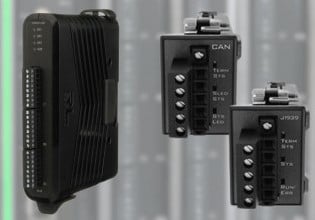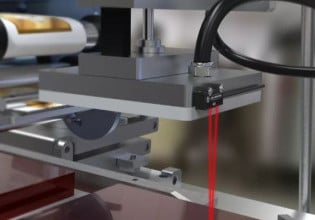M
I am looking for math and signal processing libraries to perform the following:
1) A reasonably good FFT
2) Digital filters
3) Matrix algebra routines
4) Various array math routines
I have been burned in the past by bug ridden binary only libraries for the above from reputable companies, so I would prefer a source code library (in 'C'). The item of most importance would be the FFT.
I have used "google" searches and have mainly turned up high end scientific libraries for supercomputers. My own needs are rather more modest. Any suggestions are appreciated, and any recommendations even more so.
************************
Michael Griffin
London, Ont. Canada
************************
1) A reasonably good FFT
2) Digital filters
3) Matrix algebra routines
4) Various array math routines
I have been burned in the past by bug ridden binary only libraries for the above from reputable companies, so I would prefer a source code library (in 'C'). The item of most importance would be the FFT.
I have used "google" searches and have mainly turned up high end scientific libraries for supercomputers. My own needs are rather more modest. Any suggestions are appreciated, and any recommendations even more so.
************************
Michael Griffin
London, Ont. Canada
************************






